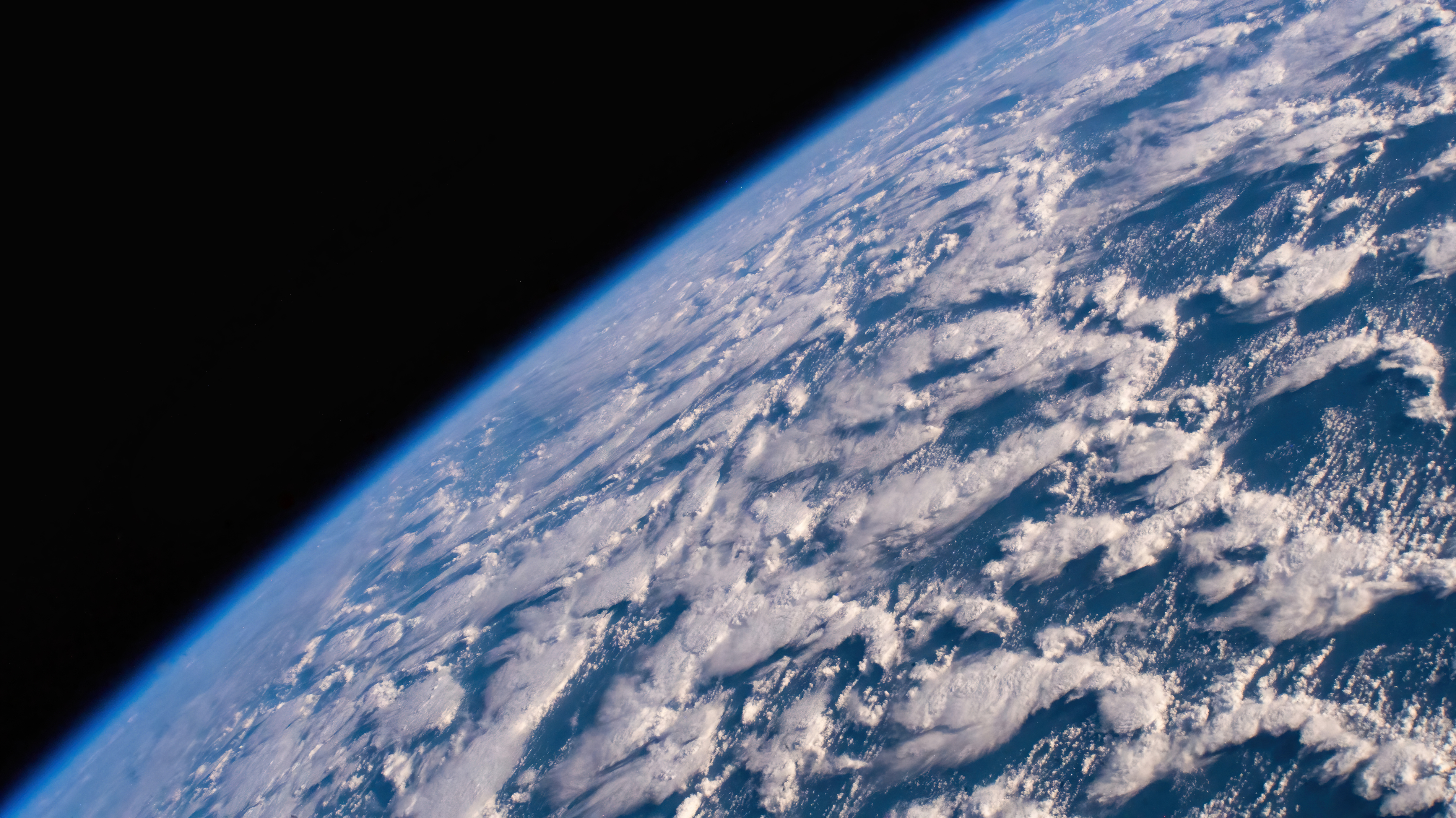Newly discovered 'super-Earth' could possibly support life


A free daily email with the biggest news stories of the day – and the best features from TheWeek.com
You are now subscribed
Your newsletter sign-up was successful
A team of international scientists has discovered two new planets just 100 light years away, one of which may be suitable for life.
Both planets are known as "super-Earths," meaning they are up to ten times larger than Earth but lighter than other icy planets, CBS News reports. The two planets are LP 890-9b, which is about 30 percent larger than Earth and orbits its sun in just 2.7 days, and LP 890-9c (later renamed SPECULOOS-2c by researchers), which is 40 percent larger than Earth and takes 8.5 days to orbit its sun.
The discovery comes from Belgium's University of Liège using NASA's Transiting Exoplanet Survey Satellite and the university's own telescopes known as SPECULOOS (Search for Habitable Planets Eclipsing Ultra-Cool Stars). The findings will be published in Astronomy and Astrophysics, a scientific journal.
The Week
Escape your echo chamber. Get the facts behind the news, plus analysis from multiple perspectives.

Sign up for The Week's Free Newsletters
From our morning news briefing to a weekly Good News Newsletter, get the best of The Week delivered directly to your inbox.
From our morning news briefing to a weekly Good News Newsletter, get the best of The Week delivered directly to your inbox.
This second planet, LP 890-9c, has intrigued scientists. Francisco Pozuelos, a researcher at the Institute of Astrophysics of Andalusia and study co-author explained, "Although this planet orbits very close to its star, at a distance about 10 times shorter than that of Mercury around our sun, the amount of stellar irradiation it receives is still low, and could allow the presence of liquid water on the planet's surface, provided it has a sufficient atmosphere." This is because its sun, LP 890-9, is about 6.5 times smaller and is roughly half as cool as our sun.
Researchers plan to further study LP 890-9c's habitability, which could become the second most favorable planet to sustain life.
A free daily email with the biggest news stories of the day – and the best features from TheWeek.com
Devika Rao has worked as a staff writer at The Week since 2022, covering science, the environment, climate and business. She previously worked as a policy associate for a nonprofit organization advocating for environmental action from a business perspective.
-
 What to know before filing your own taxes for the first time
What to know before filing your own taxes for the first timethe explainer Tackle this financial milestone with confidence
-
 The biggest box office flops of the 21st century
The biggest box office flops of the 21st centuryin depth Unnecessary remakes and turgid, expensive CGI-fests highlight this list of these most notorious box-office losers
-
 The 10 most infamous abductions in modern history
The 10 most infamous abductions in modern historyin depth The taking of Savannah Guthrie’s mother, Nancy, is the latest in a long string of high-profile kidnappings
-
 NASA’s lunar rocket is surrounded by safety concerns
NASA’s lunar rocket is surrounded by safety concernsThe Explainer The agency hopes to launch a new mission to the moon in the coming months
-
 Nasa’s new dark matter map
Nasa’s new dark matter mapUnder the Radar High-resolution images may help scientists understand the ‘gravitational scaffolding into which everything else falls and is built into galaxies’
-
 Moon dust has earthly elements thanks to a magnetic bridge
Moon dust has earthly elements thanks to a magnetic bridgeUnder the radar The substances could help supply a lunar base
-
 How Mars influences Earth’s climate
How Mars influences Earth’s climateThe explainer A pull in the right direction
-
 The ‘eclipse of the century’ is coming in 2027
The ‘eclipse of the century’ is coming in 2027Under the radar It will last for over 6 minutes
-
 NASA discovered ‘resilient’ microbes in its cleanrooms
NASA discovered ‘resilient’ microbes in its cleanroomsUnder the radar The bacteria could contaminate space
-
 Artemis II: back to the Moon
Artemis II: back to the MoonThe Explainer Four astronauts will soon be blasting off into deep space – the first to do so in half a century
-
 The mysterious origin of a lemon-shaped exoplanet
The mysterious origin of a lemon-shaped exoplanetUnder the radar It may be made from a former star
